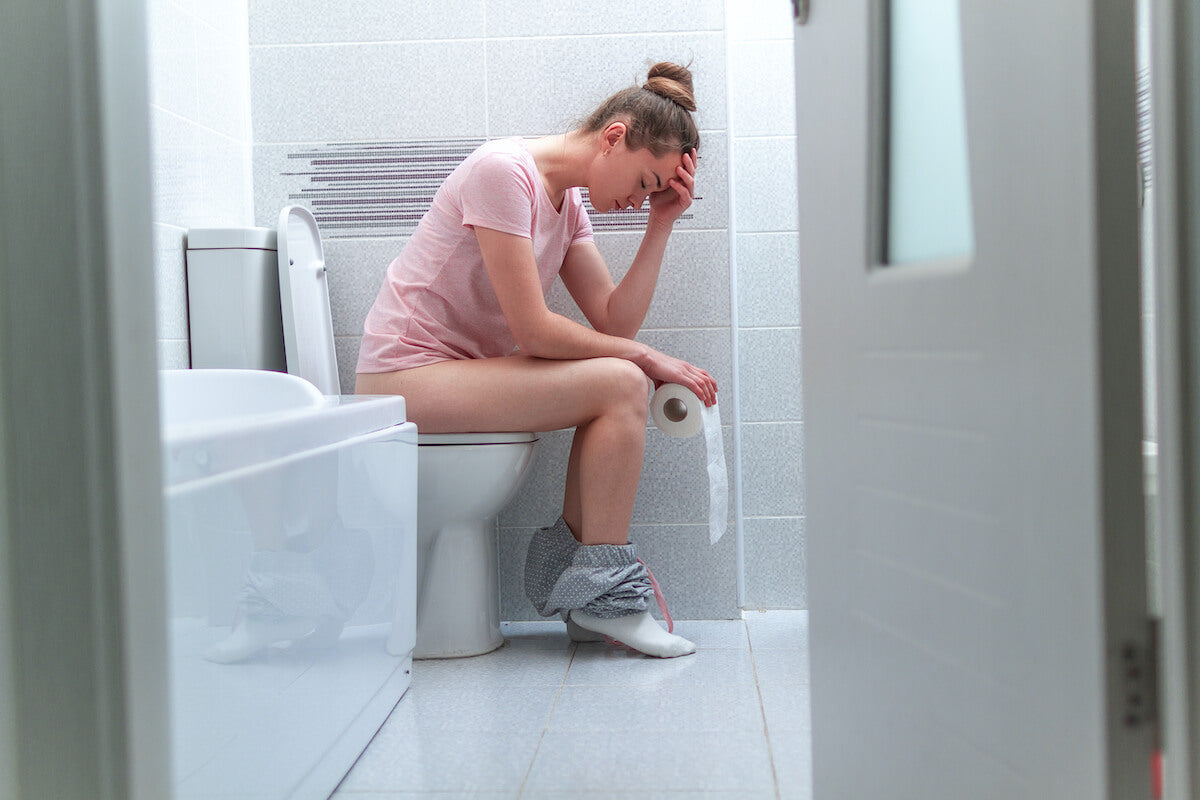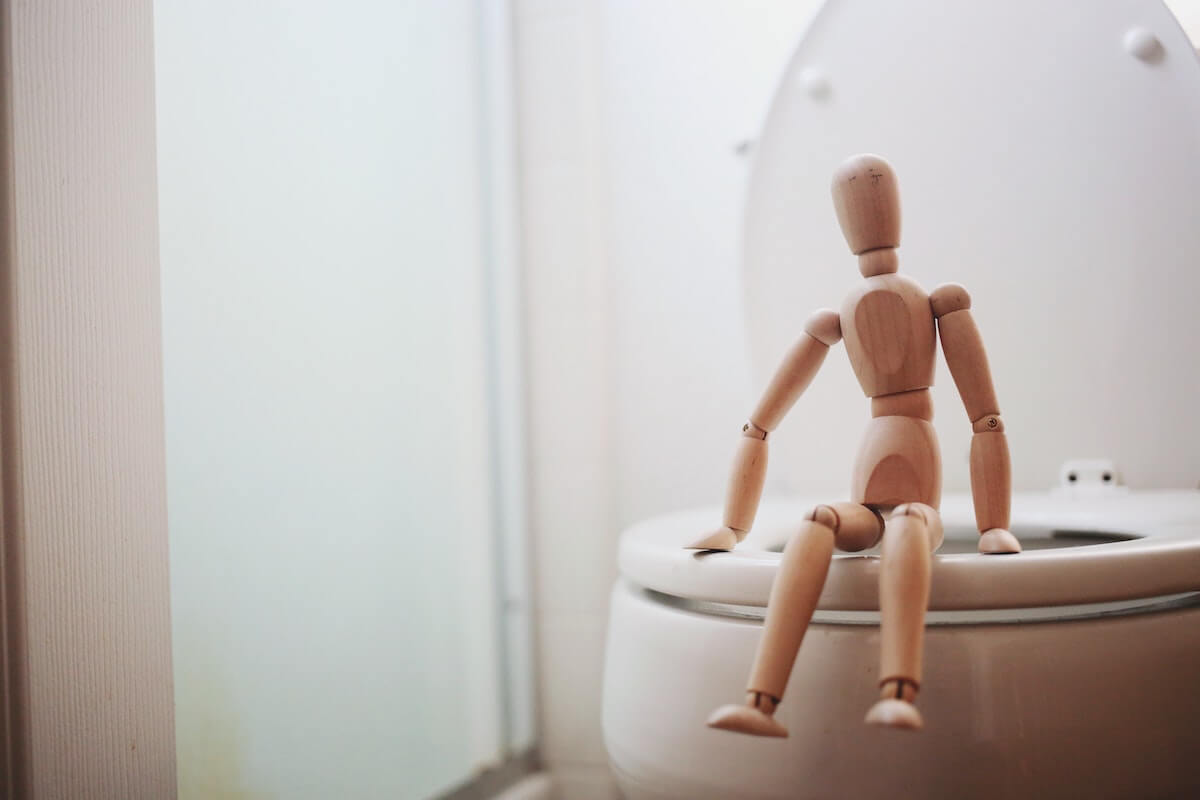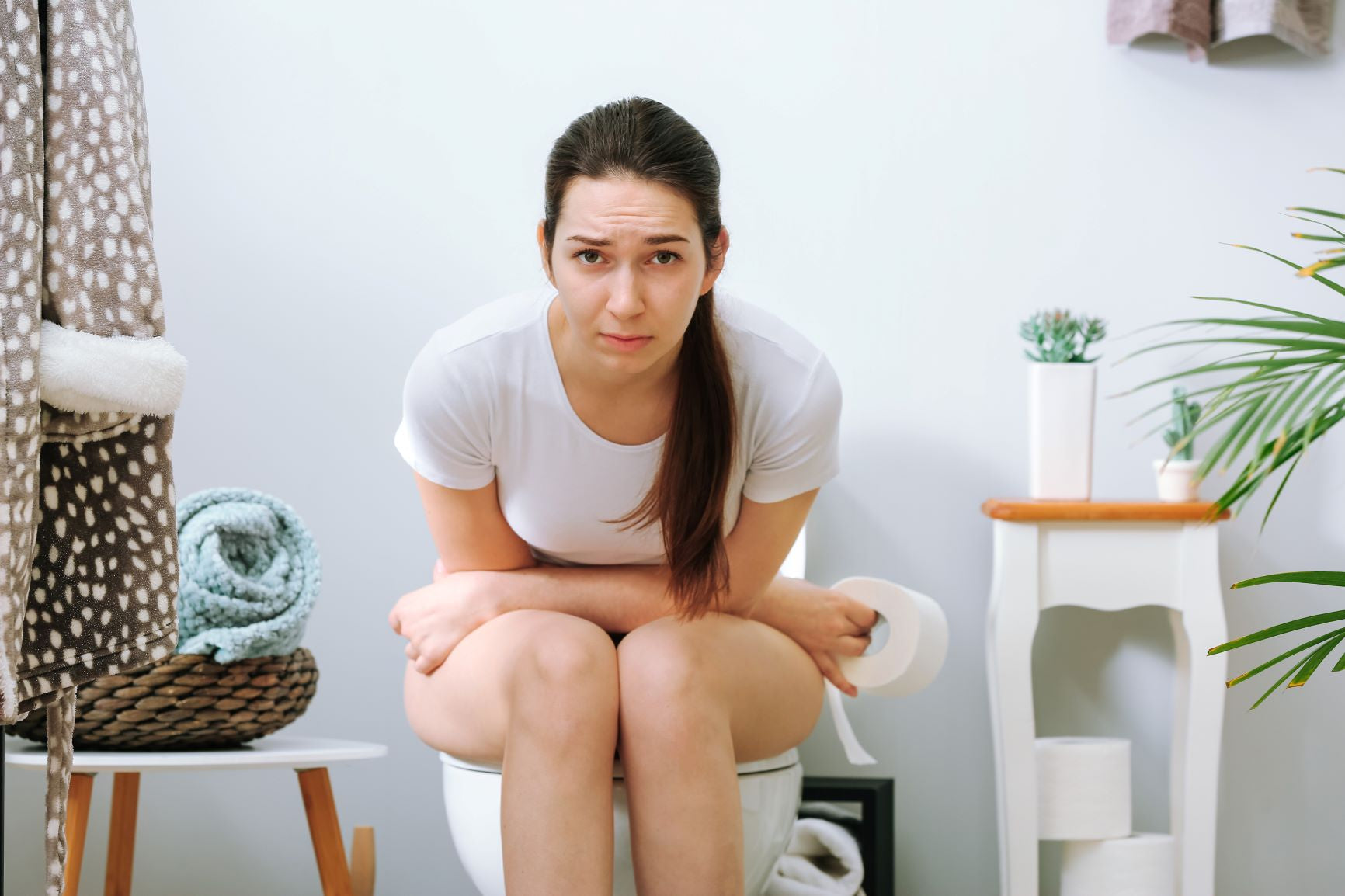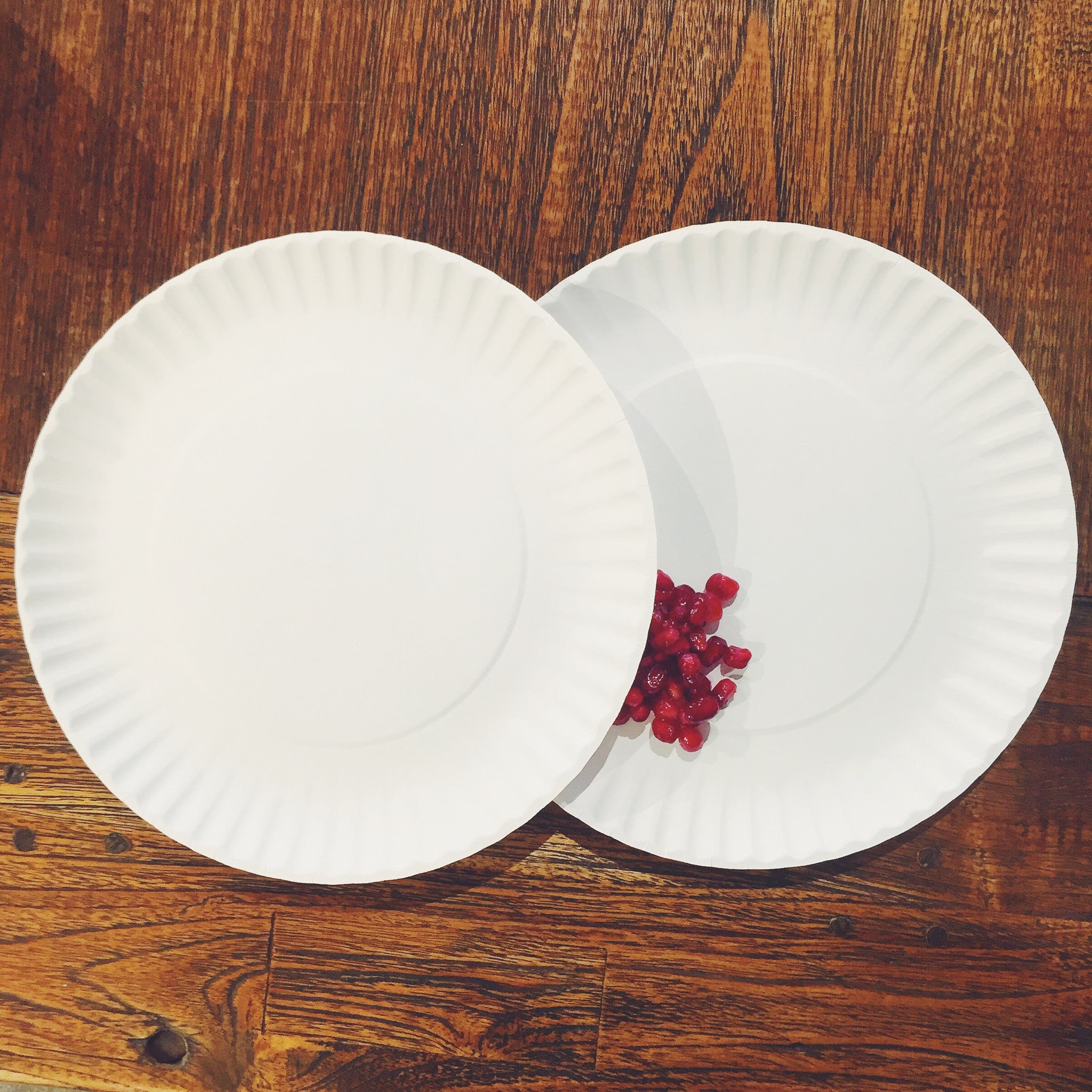
Forget Bacon Egg and Cheese. Nothing says AM like a BM. But why? It totally seems like we should all be bombing the bowl just before bed, right? Read on to learn the science behind the morning poop––and what it means if you’re not prodeucing first thing.
Jump to
- Why You Have To Poop In the Morning
- 7 Tips For More Morning Poops
- How Gut and Digestion Can Influence Your Sleep
- Frequently Asked Questions
Why Do You Have To Poop in the Morning?
- While you sleep, your colon and intestine shift from digestion to recovery. Because your organs are neurotic workaholics, they will finish off any leftover food first. But a resting digestive system is meant to repair tissue and grow good gut bacteria overnight.
- When you wake, your colon makes up for lost time by contracting 3 times as hard as when you were snoozing. This continues for a full hour, through your shower and scrambled eggs. You may not be a morning person but your guts live for it.
- Morning stretches and coffee further stimulate your colon, which is now in parkour mode. Soon your rectum (the reservoir that stores digested food waste) will be summoned to open the poop gates, anywhere from 30 minutes to a couple hours after you wake.
You can see how a midnight burrito or stressy all-nighter can mess with your toilet routine.
7 Tips For Morning Poops
IMPORTANT! You are NOT a subpar pooper if your bowels routinely hit the snooze button. So long as you’re regular (going at least a few times a week), time of day is personal preference. Most people like doing their business first thing in the comfort of their own throne. Here’s how to help make that happen.
1. Avoid Big Meals Before Bed
Your digestive system needs rest, too. If you feed it a bunch of stuffed crust before bed, it’s going to work all night and delay critical recovery. Ideally, you’ll eat enough throughout the day that you can stop munching a few hours before bed. If you’re feeling hangry, opt for a small, easy to digest snack like an apple with nut butter.
2. Stick to a Routine
Ever notice how your pooping schedule goes out the window when you travel? Guts crave consistency in order to self-regulate. Consistent meals. Consistent exercise. Consistent bedtimes. It ain't sexy but neither is chronic constipation. Quality sleep in particular leads to good *everything else in your body* function. One of the best ways to ensure good sleep is having a quality bedtime routine.
3. Take Probiotics AND Prebiotics
Most people know the magic of gut-regulating probiotics found in yogurt, kefir, raw sauerkraut, kimchi, and miso. But did you also know that probiotics need feeding, too? Reach for a supplement that includes prebiotics (gut bacteria’s favorite snack) to ensure you’re maintaining a peaceful community of gut bacteria vs a hangry mutiny.
4. Do Yoga or Practice Meditation
Your goal is to stay in “rest-and-digest” sleep instead of fight-or-flight mode. Physical exercise and mental-emotional regulation help your body and mind relax, which leads to better sleep. Stress can cause constipation, which in turn can cause stress. Skip this sick-cycle carousel by peppering calm-making routines throughout your weekly schedule.
5. Cut Back On Alcohol
Alcohol may knock you out, but it is not supportive of deep REM sleep. Even one drink can impair the quality of your rest. It’s also dehydrating, which is generally bad for digestion. We’re not saying go cold turkey, but you can be selective about the frequency of your drinking so you can catch every Z your body deserves.
6. Eat More Fiber
None of this is rocket science, right? Eating fiber keeps you regular by bulking out your poops while making them easier to pass. A voluminous, soft plop triggers the nerve for needing to poo more readily than small, constipated pellets. You’re much more likely to maintain a regular pooping time when your fiber’s in check.
7. Drink More Water
Water is like sleep. It makes every single process in your body work better, including morning poops! When we don’t drink or eat enough water (remember fruits and veggies hydrate, too!), our body will try to hydrate itself by pulling water from a less critical organ, like your digestive system. The result? Hard, painful, unpredictable poos. Aim for 6-8 glasses every day.
How Gut and Digestion Can Influence Your Sleep
Chomping anything supersized before bed forces your gut to digest food while you sleep. Like you, your tum would prefer to rest and recover. Instead, a midnight meal is basically asking your intestines to pull an all-nighter.
Imagine doing this to another organ––like elevating your heart rate or keeping your brain active all night. You’d wake feeling exhausted. Studies have also found that eating and then lying down can cause indigestion or heartburn.
Ideally, you should be eating enough throughout the day that you can comfortably stop munching about 3 hours before bed. If your gut is relaxed and able to focus on restorative work, you’ll be resting easy.
Bottom Line
Most colons take your morning alarm seriously. They pop into active mode and poop follows shortly thereafter. And the relationship between gut and sleep is close AF. Sleep puts your body in a rest/digest/recover mode that allows your gut to function better all day long. To get the full benefits of rest, your digestive system needs to start the evening with a pretty clean slate.
There are simple habits that can support deeper sleep and overall gut health, from cutting back on food and alcohol before bed to setting a regular bedtime routine. Overall, if you’re regular, you’re in great shape. And you can always manage your morning BM cleanup with a TUSHY bidet attachment.
Frequently Asked Questions
1. How often should you poop?
This answer is different for every pooper. Some people go several times a day, while others squeeze one out every few days. The important factor is how your poops look and if there is any pain or strain while going. Generally you’re pooping enough so long as it’s at least 3x per week. Any less than that, and you may be constipated.
2. What does healthy poop look like?
Healthy poops sink, pass easily, and should appear sausage or snake-like. These tootsie rolls can be smooth or have small cracks. Anything that is too lumpy and hard, or too wet and fluffy, is bordering on the line of constipation and diarrhea.
3. Is NOT pooping in the morning normal?
It totally can be, yes! If you’re pooping between three times a day and once every three days, you’re staying regular and have nothing to worry about. If you WANT to poop in the morning, you try bowel retraining. Normally, people go through the process to change their bowel routine if they’re experiencing chronic constipation or loss of bowel control. But if you’d simply prefer to chop your logs at home, bowel retraining could be for you.




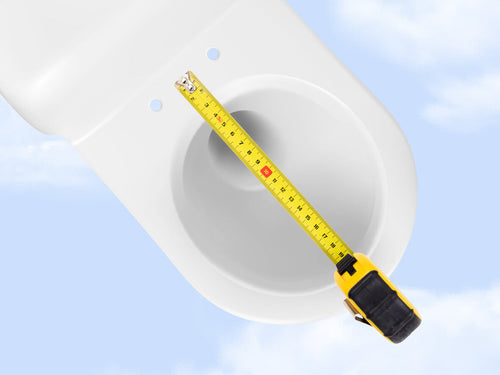



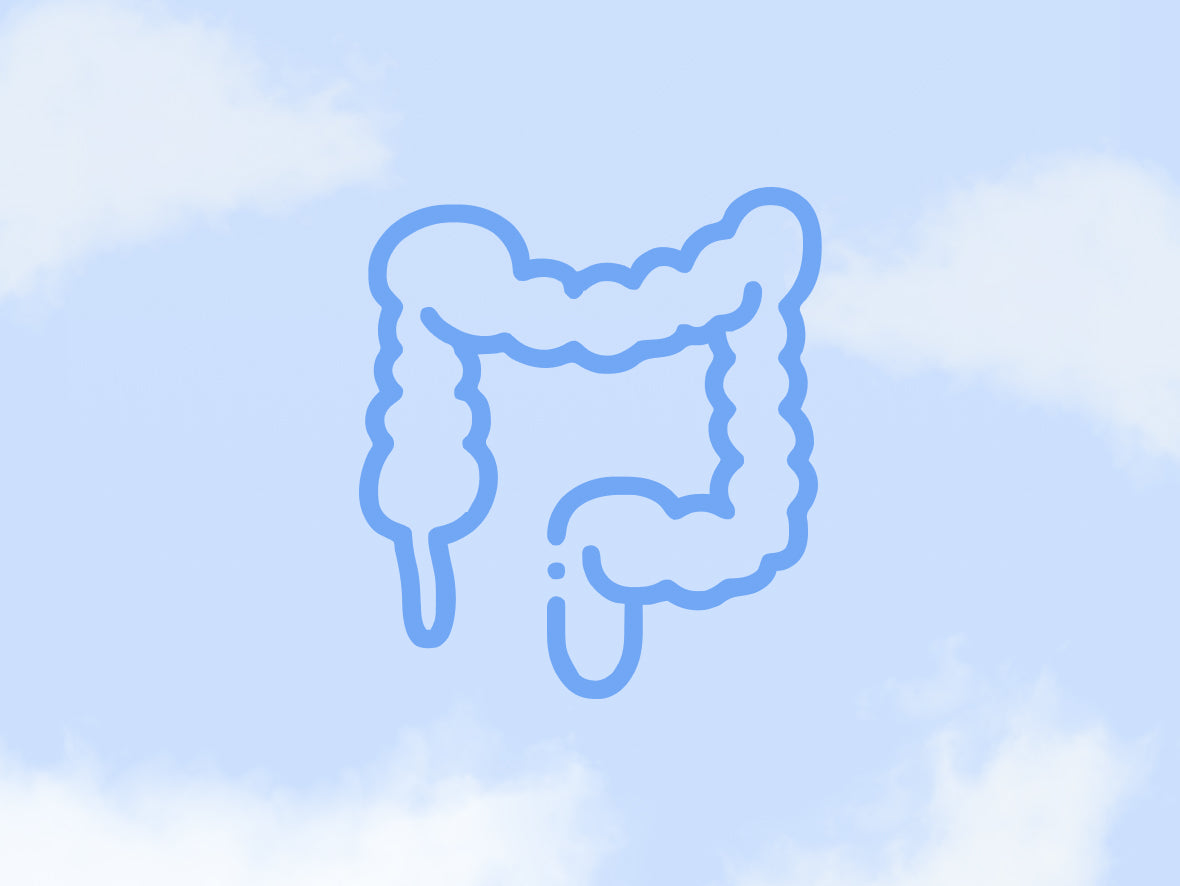
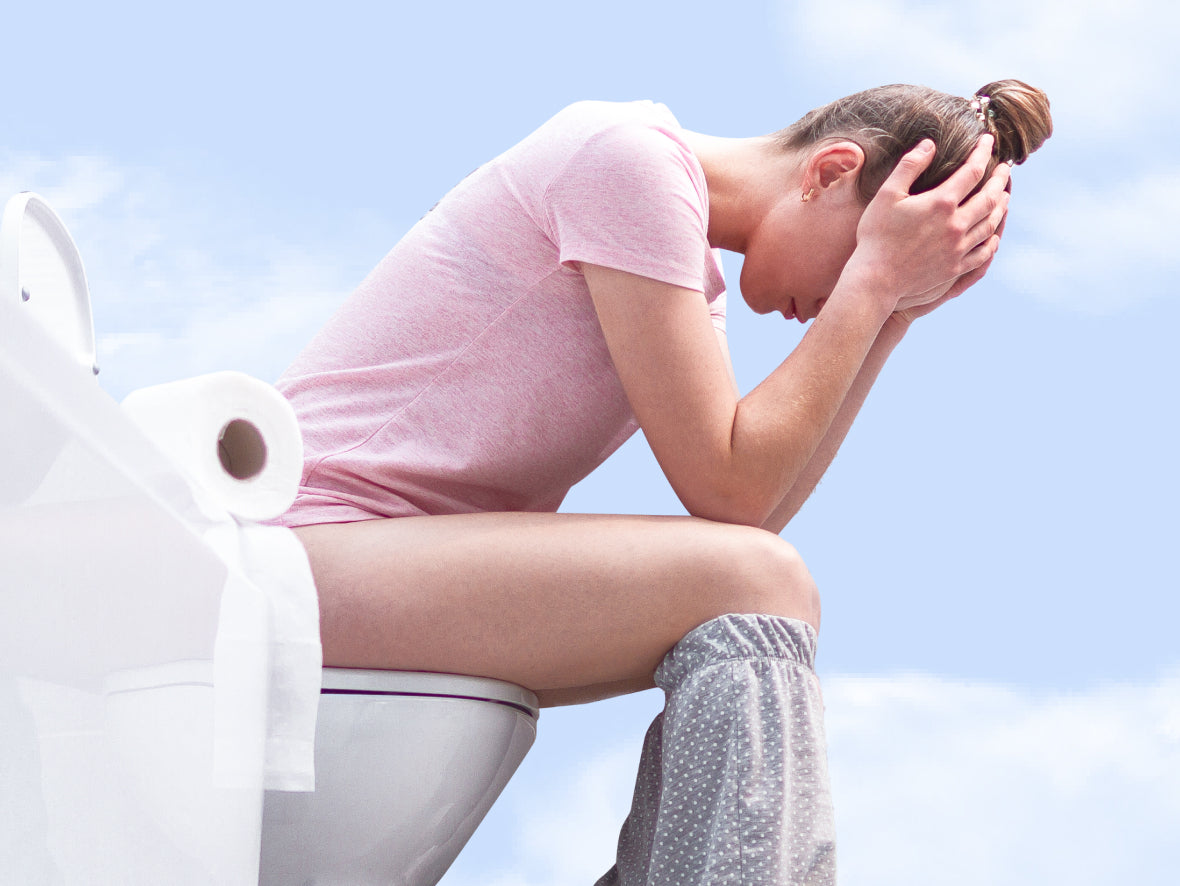



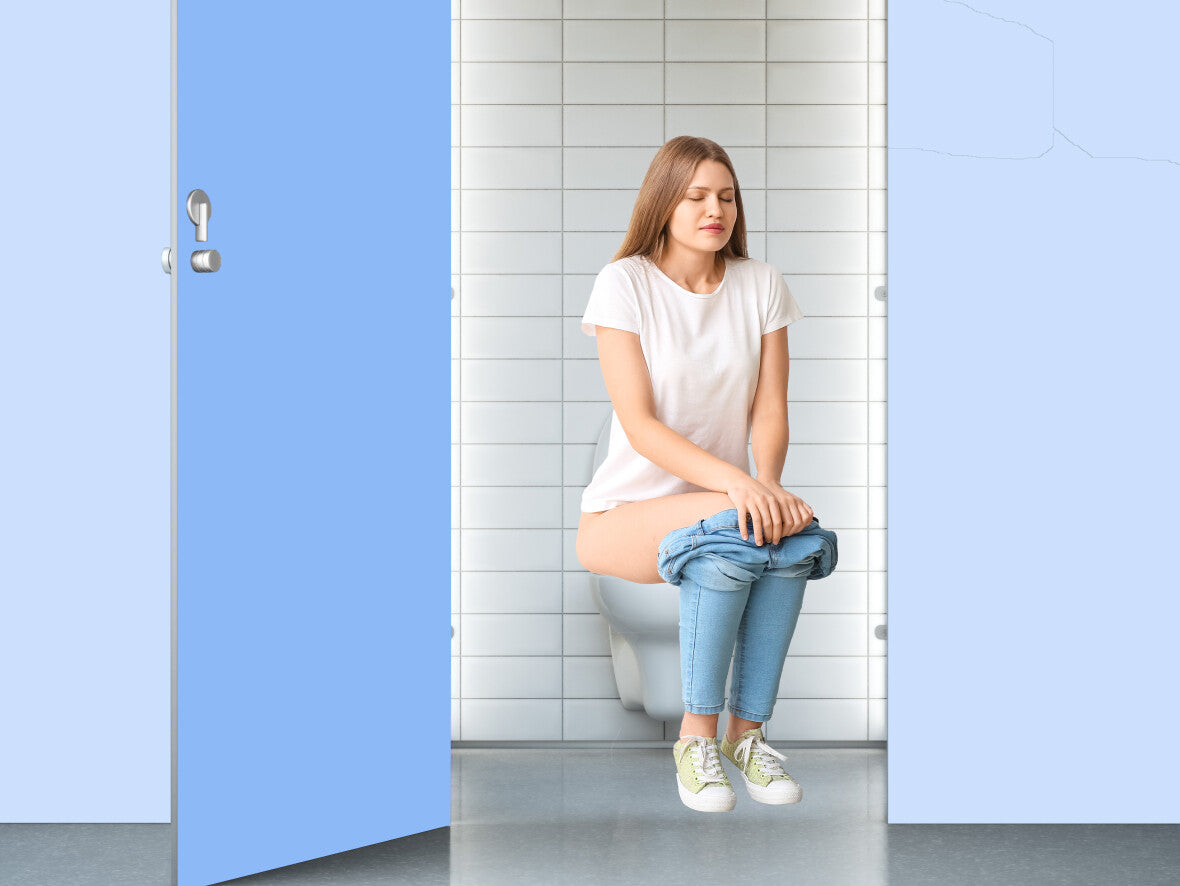


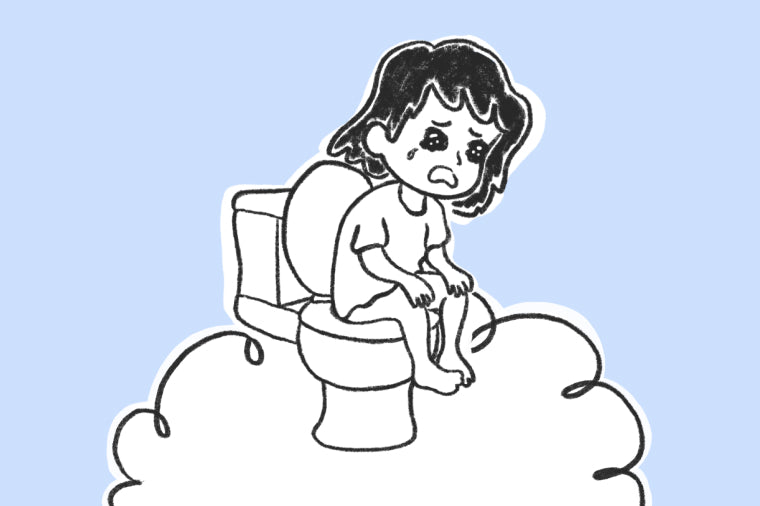
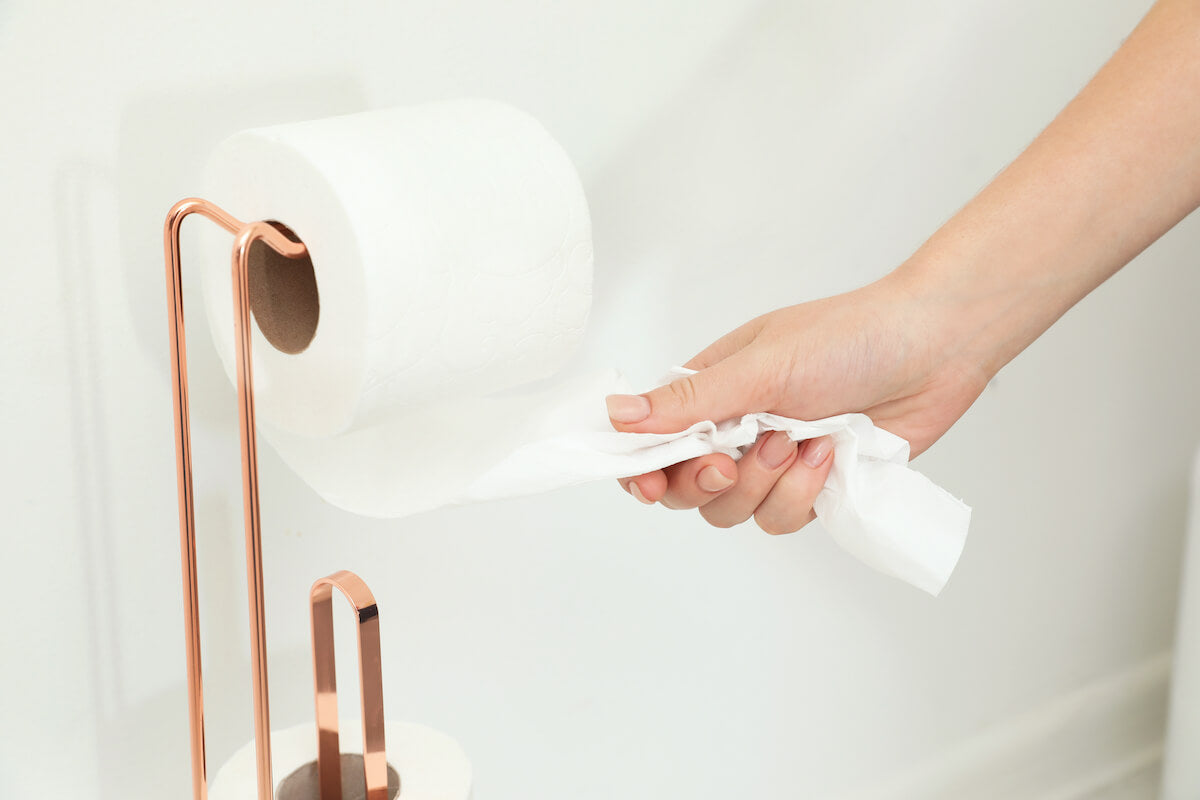


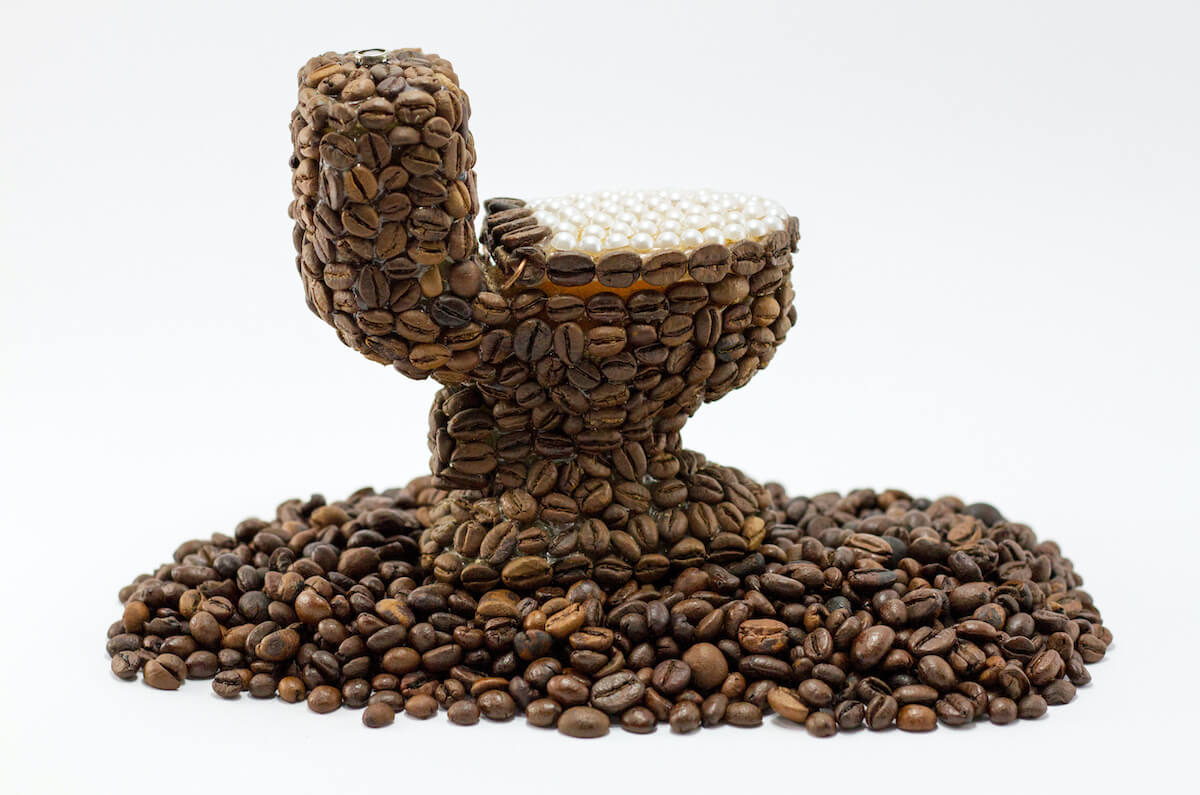


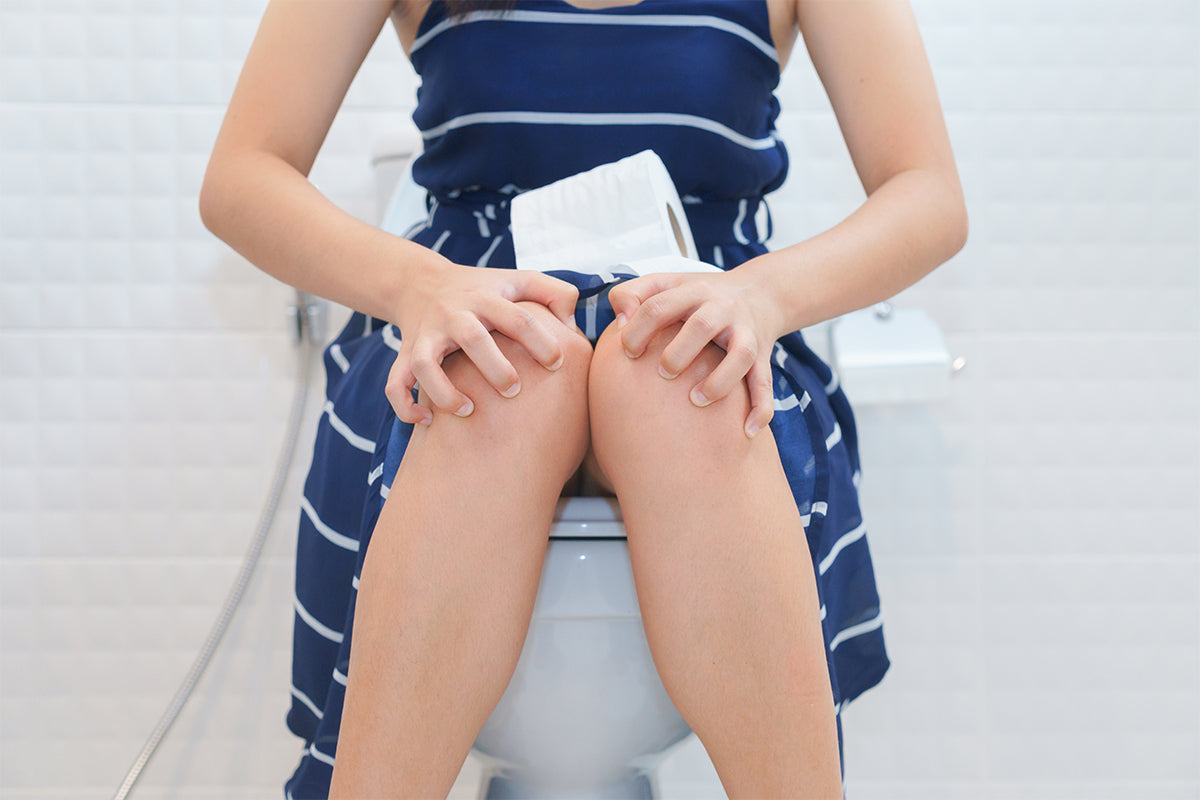
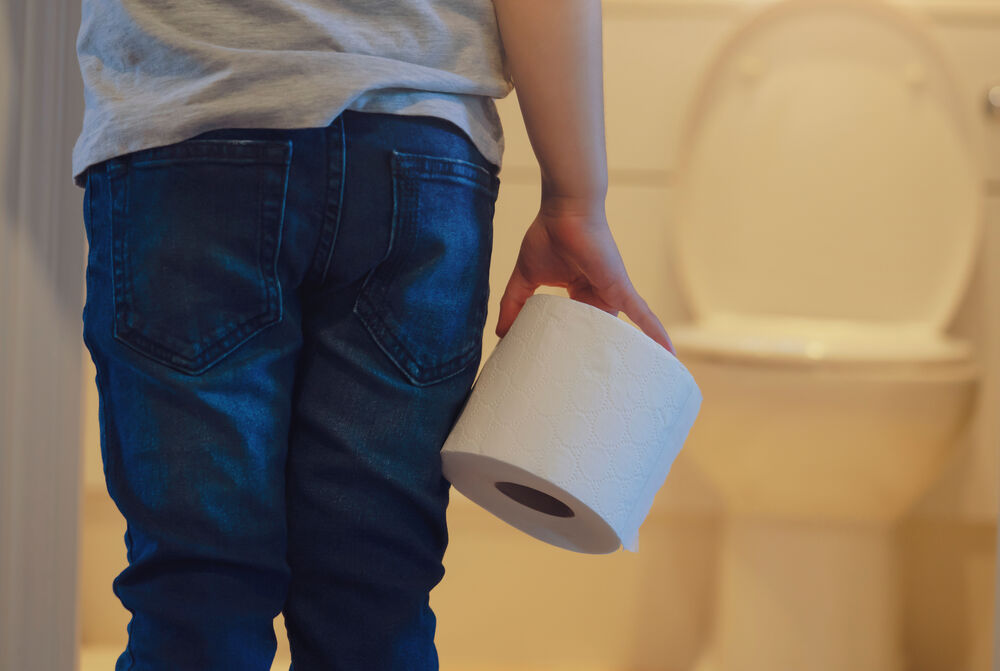

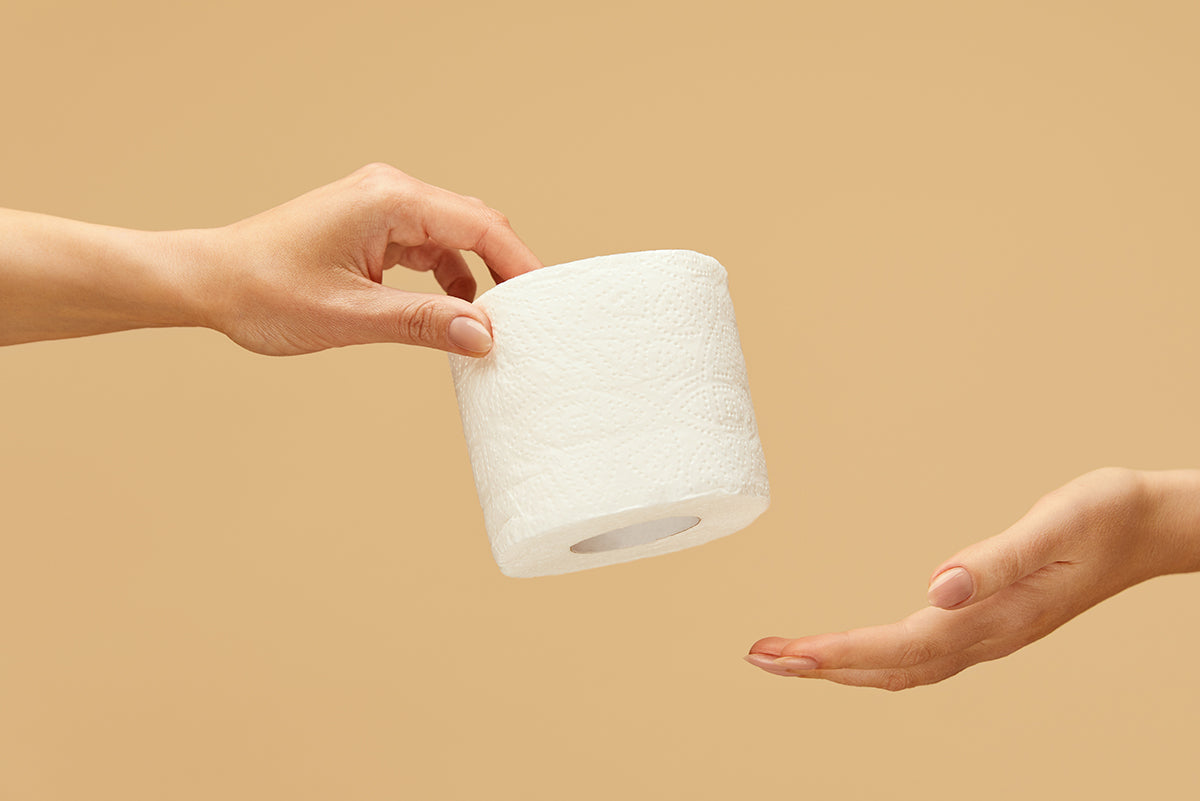


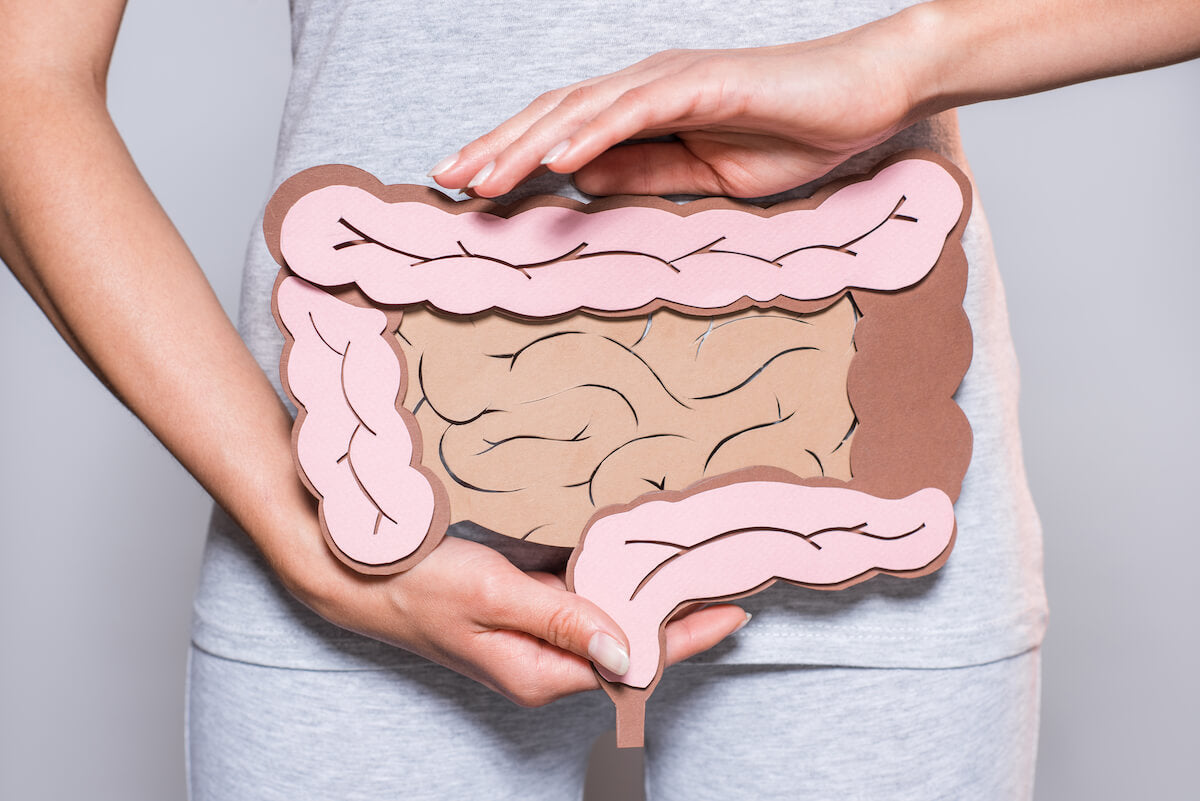



![[Survey] How Long Should You Date Before You Defecate?](http://hellotushy.com/cdn/shop/articles/how-long-should-you-date-before-you-defecate-hero.jpg?v=1611359305)







